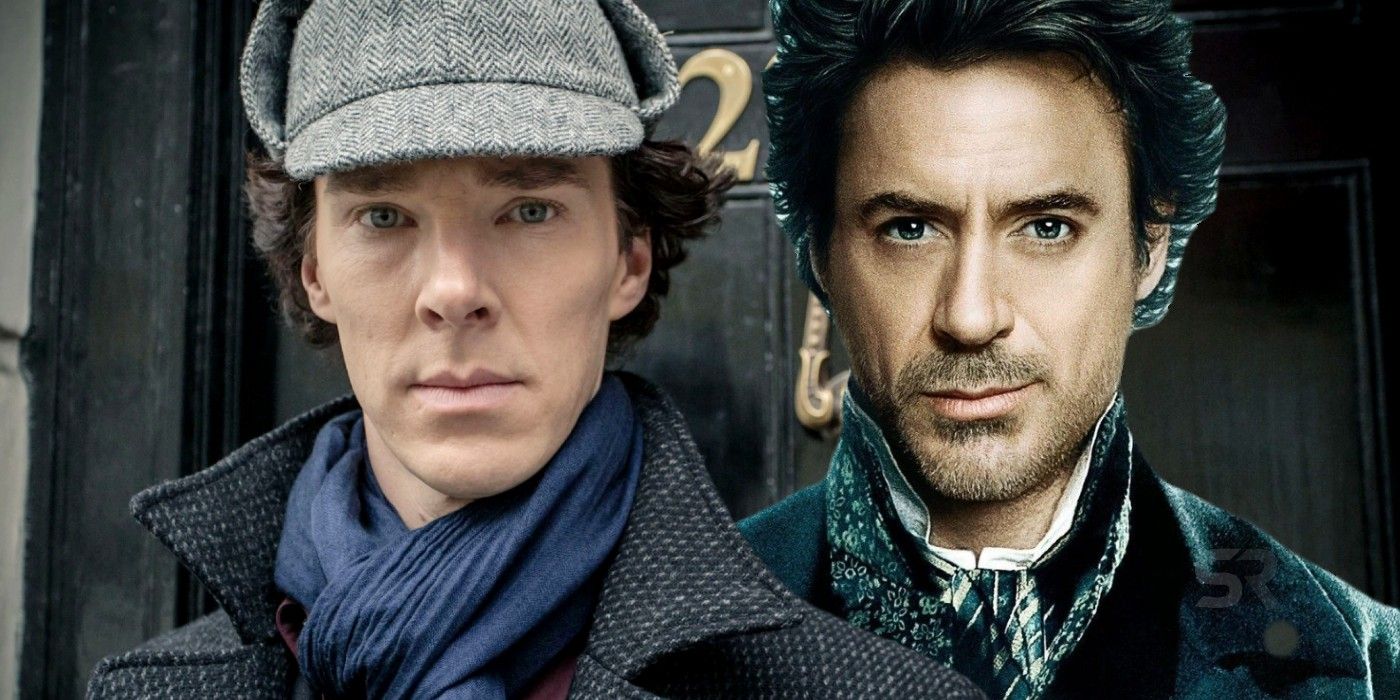
Two of the most popular portrayals of Sherlock Holmes are those of Robert Downey Jr. and Benedict Cumberbatch, but who did it best? The Great Detective was created by Sir Arthur Conan Doyle and made his first appearance in A Study in Scarlet in 1887, and his popularity skyrocketed thanks to a series of short stories published in The Strand Magazine, beginning in 1891 with “A Scandal in Bohemia”.
Sherlock Holmes got a total of four novels and 56 short stories, and has been adapted to all types of media for over 100 years. Many actors have played different versions of the famous detective on stage, TV, and film, each giving the character their own style, and recent adaptations have made Holmes and his cases popular again. First was Guy Ritchie’s film, simply titled Sherlock Holmes, released in 2009 and with Robert Downey Jr. as the title character and Jude Law as Dr. John Watson. The film got a sequel in 2011, Sherlock Holmes: A Game of Shadows, which featured the famous death of the detective at the Reichenbach Falls in Switzerland, with him making a surprise appearance at the end, leaving the door wide open for a third film.
In 2010, the BBC brought its own version of Sherlock Holmes in the series Sherlock, created by Mark Gatiss and Steven Moffat. With modern-day London as the main setting, Sherlock adapted some of the detective’s most famous cases and memorable characters to the present day, giving some freshness to the character. Sherlock had Benedict Cumberbatch as the lead, accompanied by Martin Freeman as John Watson, and became very popular with Sherlock Holmes fans while also building its very own fanbase. Both Downey Jr. and Cumberbatch’s performances were a hit with critics and viewers, but in the end, who is the better Sherlock Holmes? To answer that, there are a couple of important aspects to consider.
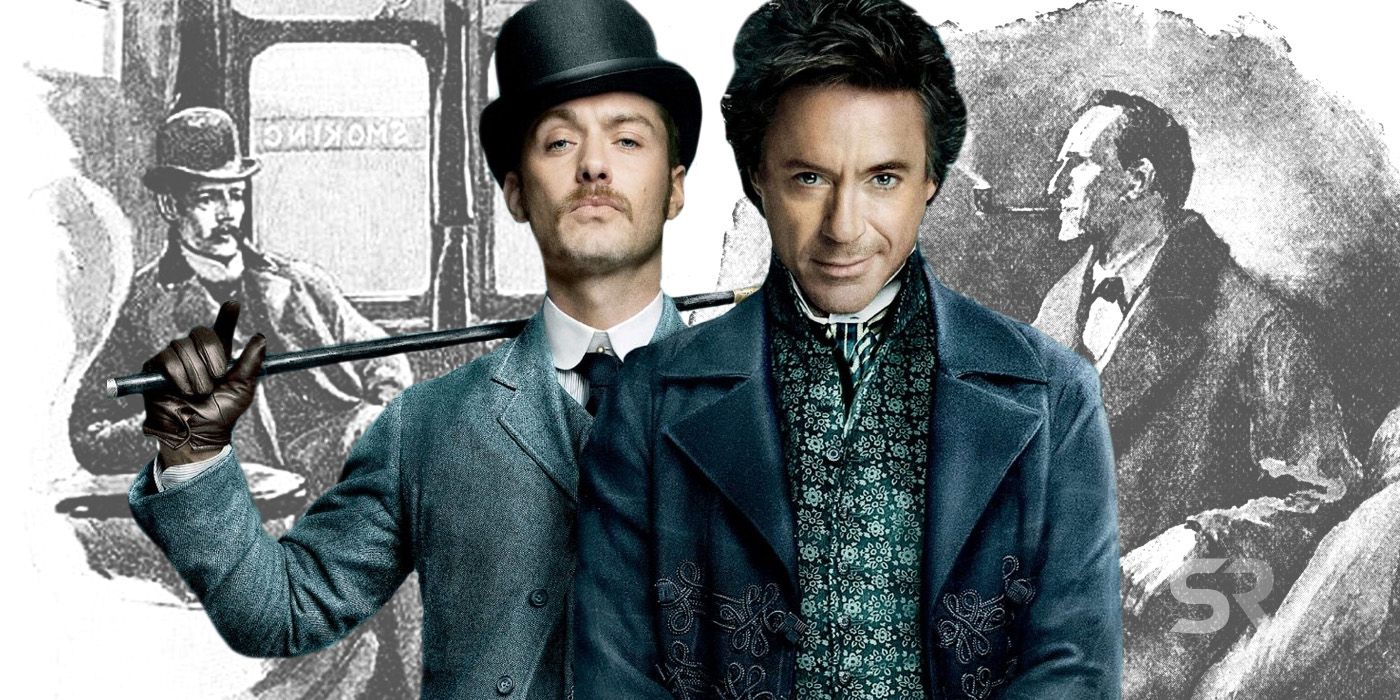
The stories that work on the books won’t necessarily work on screen, so it’s expected that when adapting Sherlock Holmes’ cases there will be changes to fit the format and the narrative the writers are going for. Sherlock Holmes isn’t based on any story written by Conan Doyle, though it takes many characters from them – yet the film’s villain, Lord Blackwood, is an original creation. Sherlock Holmes: A Game of Shadows, on the other hand, took elements from the short stories “The Final Problem” and “The Adventure of the Empty House”, but their biggest differences were in how they decided to portray the Great Detective. The Sherlock Holmes from the books and stories is an eccentric man, with a tendency to be messy at home but not outside, dispassionate and cold yet respectful and calm, while Downey’s version was messy and untidy no matter where, impulsive, aggressive at times, and impatient. Still, he kept many other characteristics from the source material, such as being a master of disguise and very good at different types of combat.
On the other hand, Sherlock went through the most changes due to it being set in the present day (at the time of its release, of course), and they affected the portrayal of the character as well. Sherlock refers to himself as a “high-functioning psychopath”, and while he’s also cold as the original version, he’s very rude to those around him, including John (though he learns how to deal with him and sometimes even excuses his behavior to those not familiar with his ways). Downey Jr’s version showed more respect to those around him than Cumberbatch’s did, and his skills and tricks are truer to the source material than the ones seen in Sherlock.
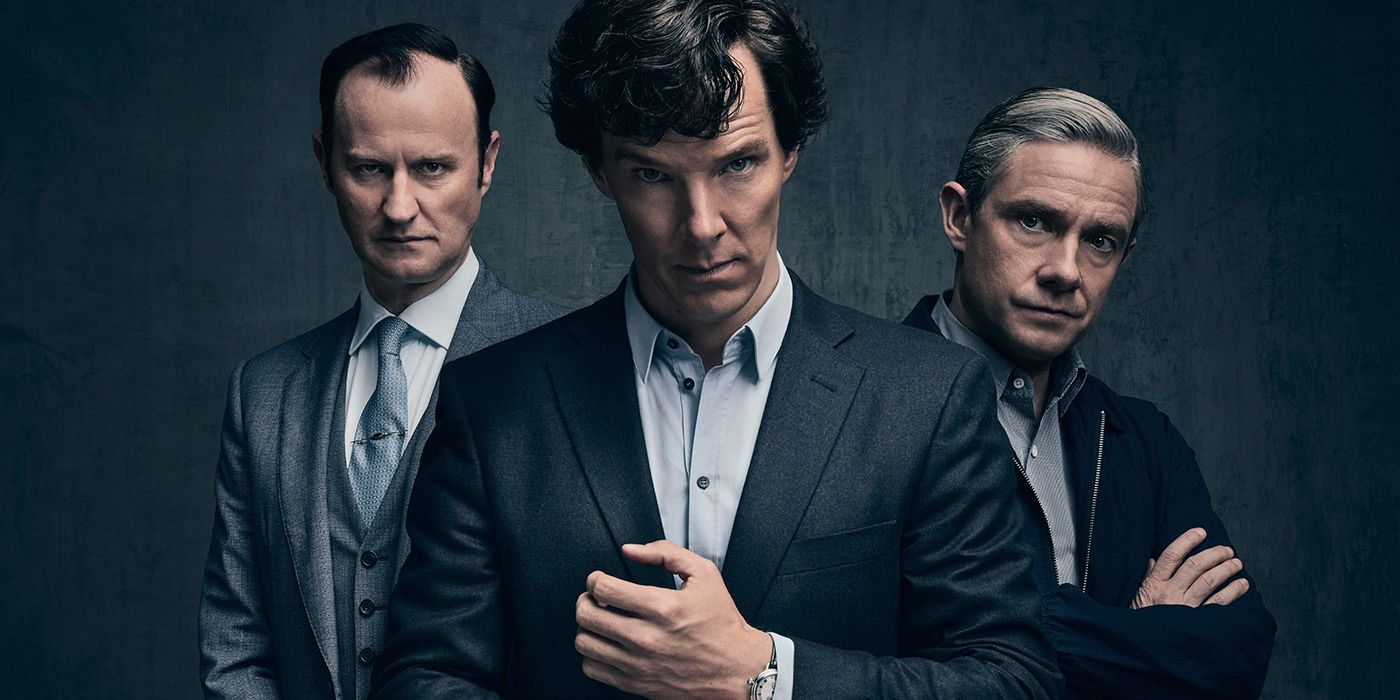
A TV show will give the writers more chances to explore different stories and cases, whereas a film or two will limit those opportunities. As mentioned above, the story in Sherlock Holmes is an original one, with an also original villain who was believed to be a user of black magic, but he was actually just a man with a very complex plan – though not too complex as to beat Sherlock Holmes. The second film also incorporated original characters but with the detective’s archenemy, Professor Moriarty, behind the whole conflict and with elements from some well-known stories, most notably the one where Sherlock and Moriarty (supposedly) fall to their deaths. Although both stories are entertaining and invite viewers to try to solve the cases too, Sherlock ends up being the one with better stories.
Unlike the films, Sherlock took many of Conan Doyle’s cases and adapted them to the modern world, also making the audience part of them and giving them the necessary tools and clues to make their own deductions (and follow Sherlock’s train of thought). Except for the final episodes, where a third Holmes sibling was introduced, Sherlock had the best stories and cases, though that doesn’t mean that the ones in Sherlock Holmes and Sherlock Holmes: A Game of Shadows were bad – they’re just different interpretations, set in different periods of time, and one had more time to develop its stories than the other.
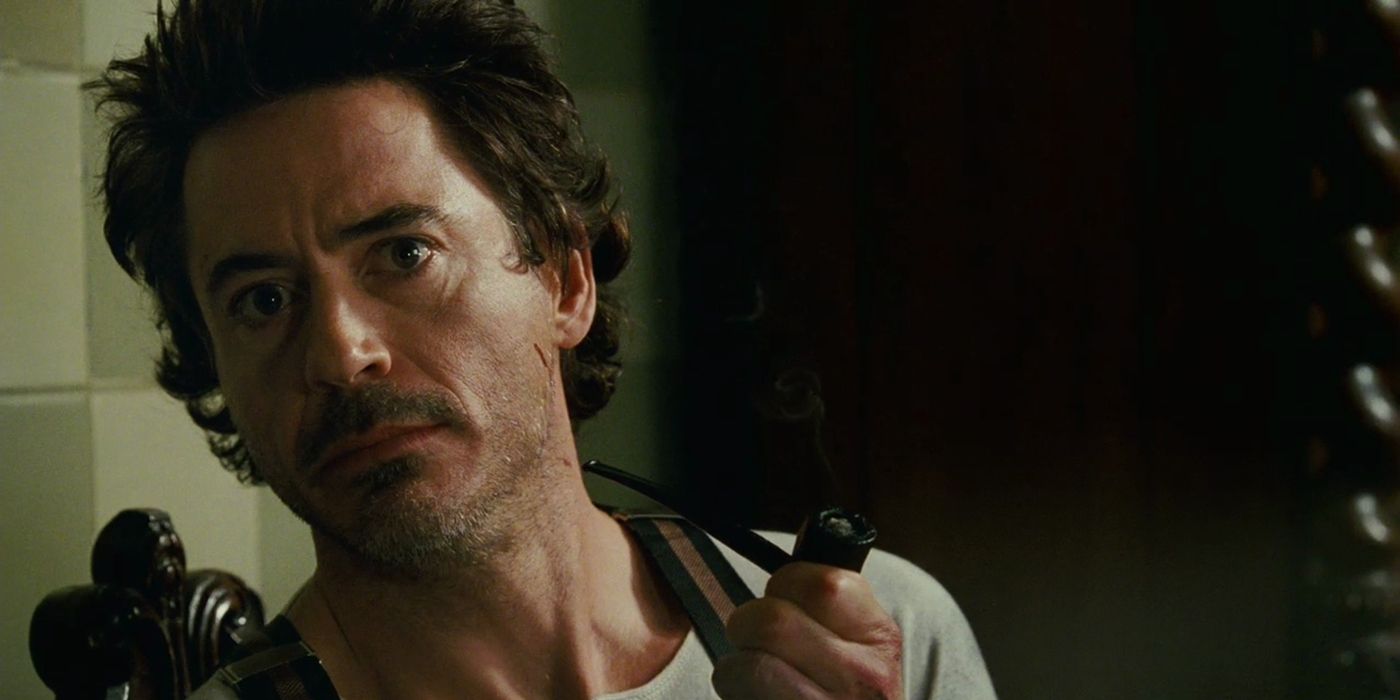
Both versions of Sherlock Holmes were at the level of the original one, solving each case no matter how complex they seemed (as seen with Blackwood’s in the films and Moriarty’s in the series), but what truly makes a difference is how believable they were. The Sherlock Holmes from the novels and short stories surprised those around him with his deductive skills and more, and while at first these can seem too fantastic, once he explains his reasoning and how he got to the solution, it all makes sense to readers, so they end up being believable. The films follow the same style as the source material when it comes to the reveal of Sherlock’s train of thought, as viewers don’t see what Sherlock’s mind is working on until he explains it, so the audience goes through the same reaction as readers, and his skills end up being believable.
Although Sherlock was praised for how it showed the audience how Sherlock made his deductions at the moment, this resource reached a point where it was too over the top and fantastic, especially after Sherlock came back from the dead. Sherlock’s skills were not believable anymore, and the cases became hard to follow (and were hard to believe as well, as was the case with the whole Eurus Holmes situation). Cumberbatch’s Sherlock Holmes was a good detective, but he reached a point where what he did was pure fantasy, whereas Downey Jr’s version was a much more believable detective.
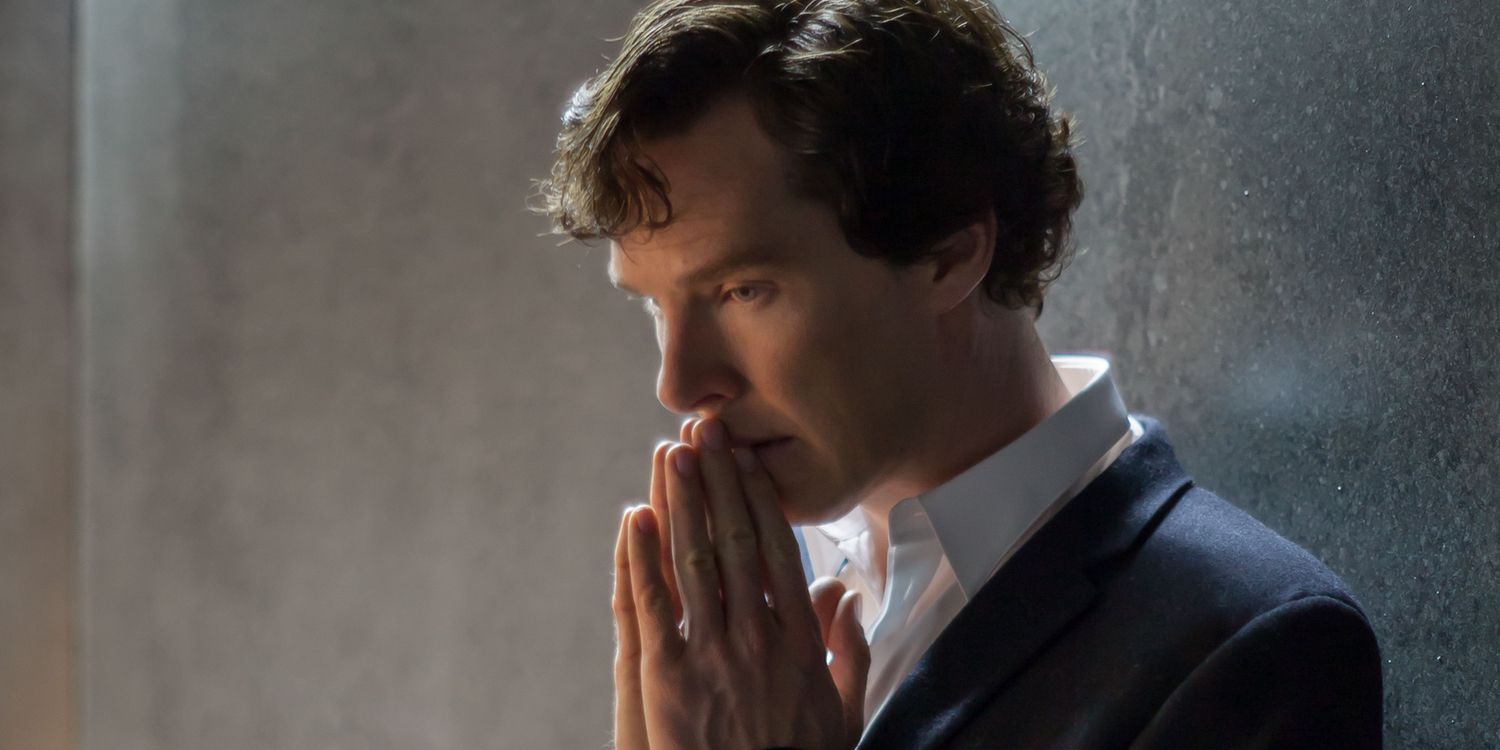
Downey Jr’s Sherlock Holmes and Cumberbatch’s are very different for various reasons, the most obvious one being that they are set in very different times and don’t have the same resources. Ritchie and company aimed for a Sherlock Holmes that was as true to the source material as possible but that could also stand-out from other adaptations, whereas Moffat and Gatiss went for a version that could stand on his own, and they both achieved that thanks to the performances of their main actors. With that in mind, there’s no point of comparison (unless, of course, other aspects come into play, such as accuracy to the books), so when it comes to which actor gave the best performance, it’s a tie between Downey Jr. and Cumberbatch.
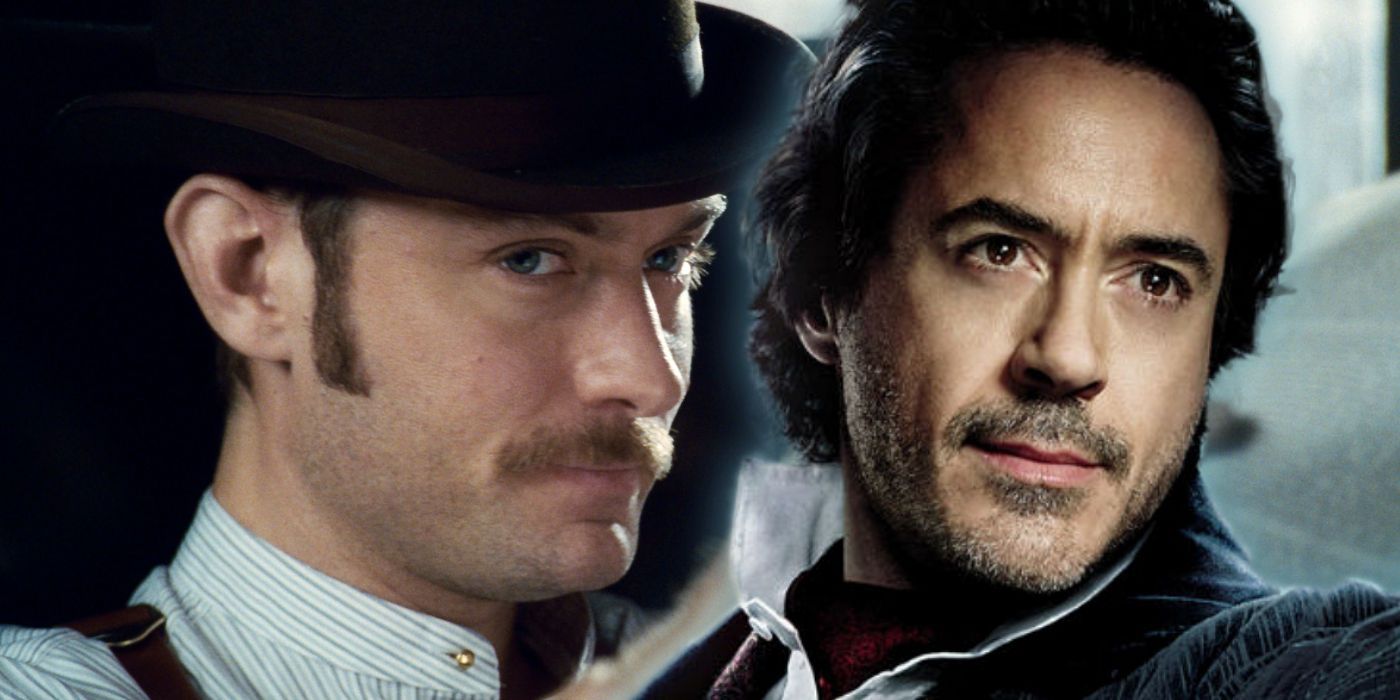
While both versions offer different perspectives (and dynamics) of the Great Detective, in the battle between Robert Downey Jr. and Benedict Cumberbatch, the former comes out on top. Downey Jr’s portrayal is one that appeals to fans of Conan Doyle’s stories and those not familiar with the source material, and offers intriguing cases with believable conclusions. Out of the two, Downey Jr’s is also closer to what Sherlock Holmes is like in the books than Cumberbatch’s, who’s far from the gentleman Conan Doyle created. This, of course, doesn’t mean that Sherlock’s version of the Great Detective is bad or boring, but it’s definitely (slightly) weaker than Ritchie’s version, even if it got to explore more cases and build longer arcs.
Ultimately, viewers will make their own decision on who was the better Sherlock Holmes based on their own experiences with Conan Doyle’s stories and their own taste, as one version will resonate more with some than the other. Of course, there’s no reason to not enjoy both and what they each offer to the character, as they are very different portrayals.
from ScreenRant - Feed https://ift.tt/3hghzsg

No comments: